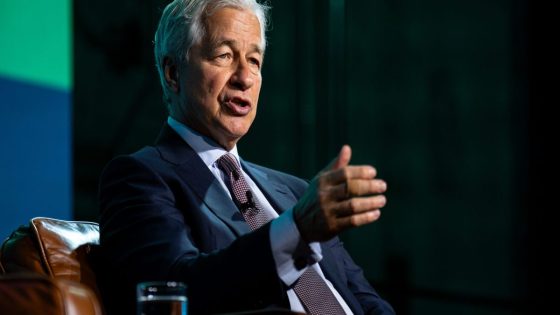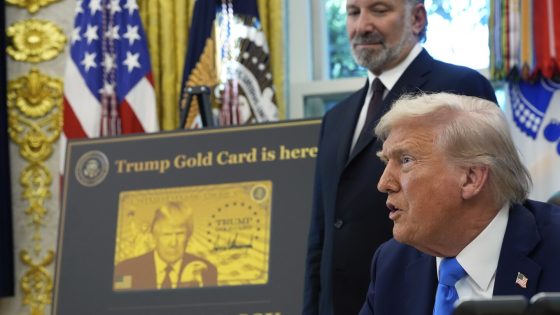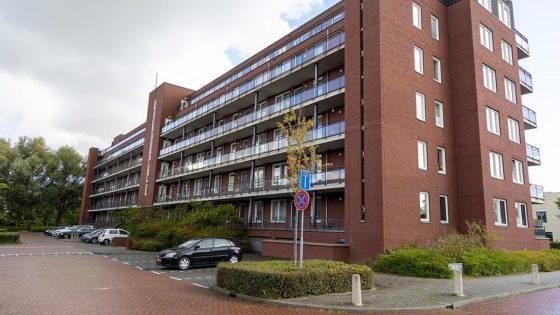On September 24, 2025, JPMorgan Chase CEO Jamie Dimon expressed concern about President Donald Trump’s recent executive order, which imposes a $100,000 fee on new H-1B visas. This visa allows U.S. companies to temporarily hire foreign workers for specialized tech jobs. Dimon, a major user of H-1B visas, warned that the move could face resistance from U.S. firms relying on international talent. He stated, “I would beg the president,” emphasizing the importance of skilled foreign workers for global mobility and innovation.
- Jamie Dimon criticizes Trump's H-1B visa fee increase
- JPMorgan relies heavily on skilled foreign workers
- CEOs warn new fee may hinder global talent access
- Higher visa costs could reduce U.S. work authorizations
- Visa restrictions may encourage offshoring of high-skilled jobs
The executive order, announced by Trump, targets new H-1B visas but does not affect existing ones. JPMorgan, among the top sponsors with 1,990 filings in fiscal 2024, plans to consult stakeholders and policymakers about the policy shift. Dimon highlighted that H-1B visas enable JPMorgan to move experts worldwide and promote internal growth. He stressed that America’s strength lies in its immigrant roots, citing his Greek grandparents who never finished high school.
- JPMorgan will engage with policymakers to address the visa fee’s impact on talent acquisition.
- U.S. firms may face increased costs and restrictions, affecting their global operations.
- The visa fee could discourage foreign students from studying in the U.S., impacting future talent pipelines.
- USCIS has already reached its H-1B cap for fiscal 2026, with applications for 2027 opening in April.
Economists from JPMorgan warn that the fee could lead to 5,500 fewer work authorizations monthly, as many petitions require consular processing impacted by the fee. Studies show that restrictions like H-1B visas have inadvertently encouraged offshoring of high-skilled jobs, with 80% of U.S. R&D conducted by multinational firms. The new fee might also make U.S. higher education less attractive to international students, potentially reducing future domestic talent. However, some analysts believe that the fee’s impact on the labor market may be limited initially, given existing caps and processing delays. The debate continues as business leaders and policymakers consider the policy’s long-term effects on U.S. innovation and economic growth.




























